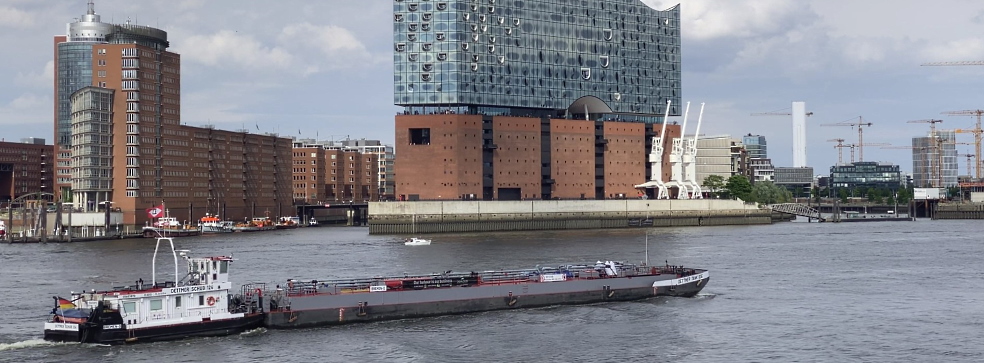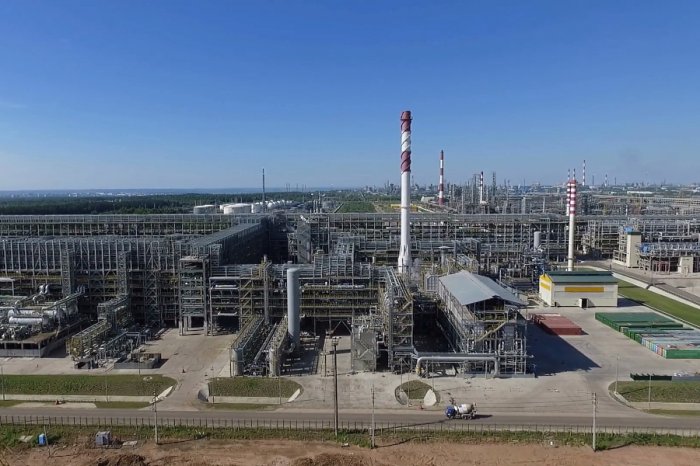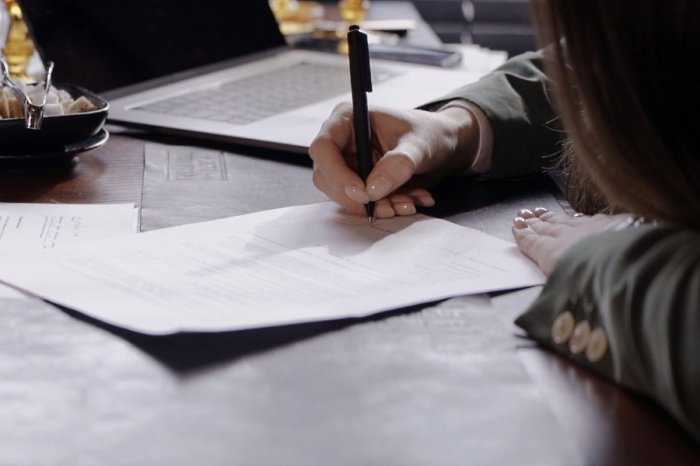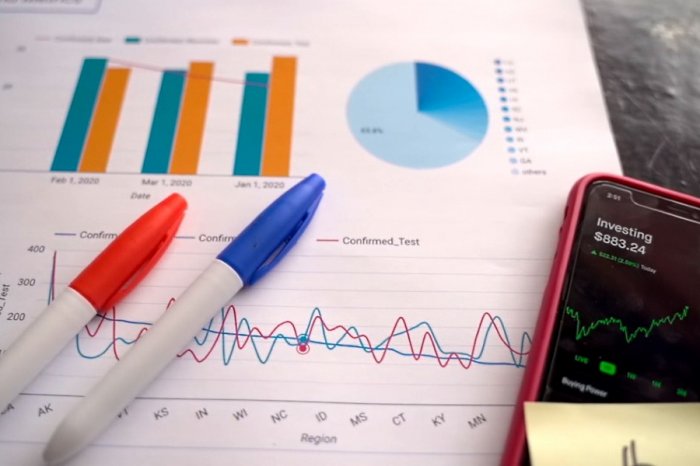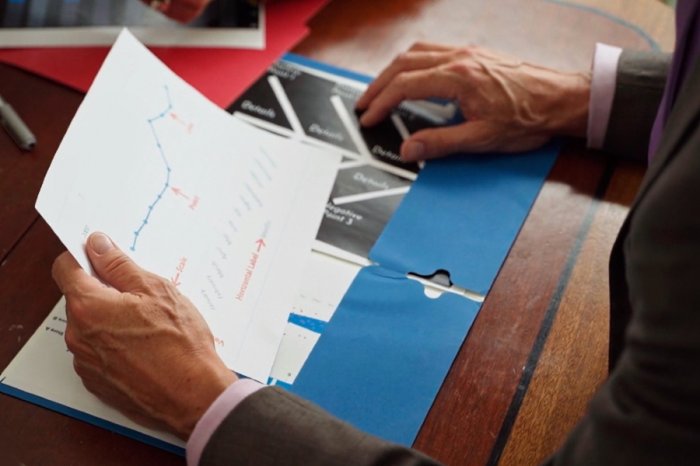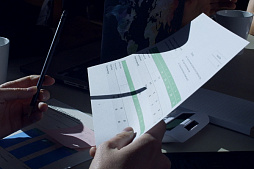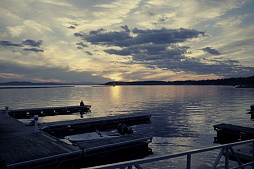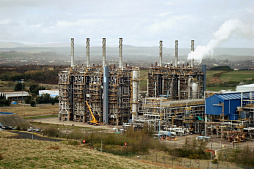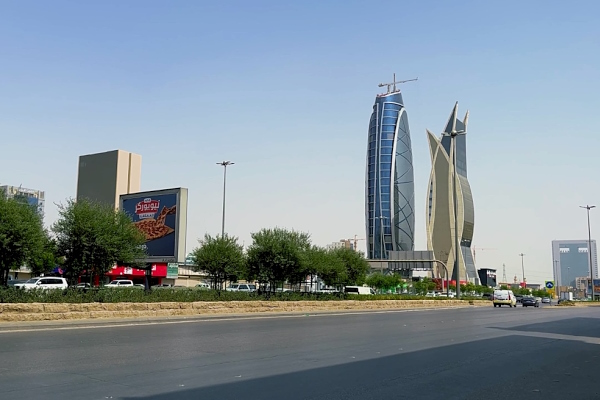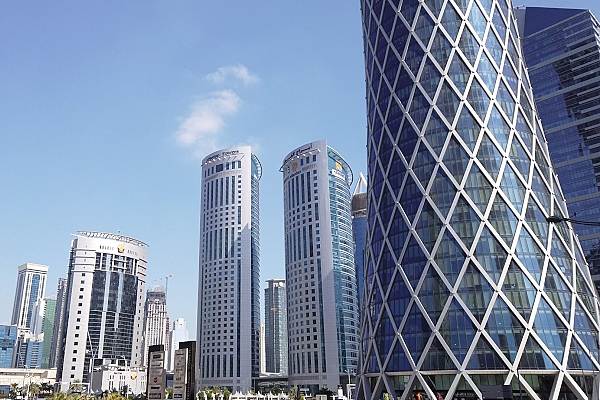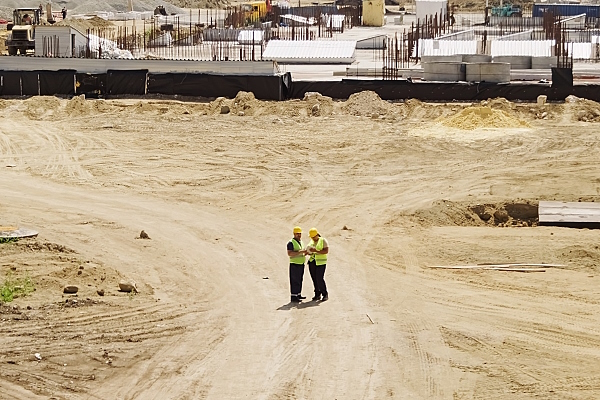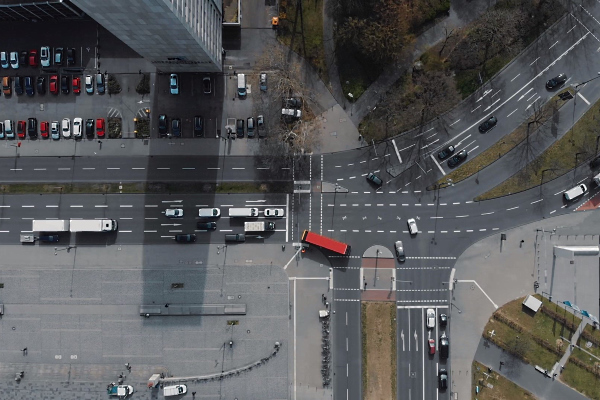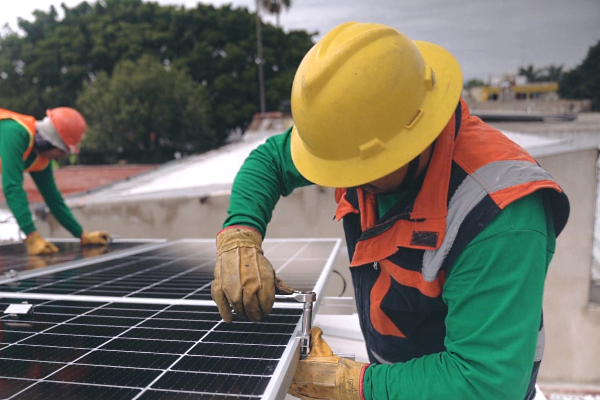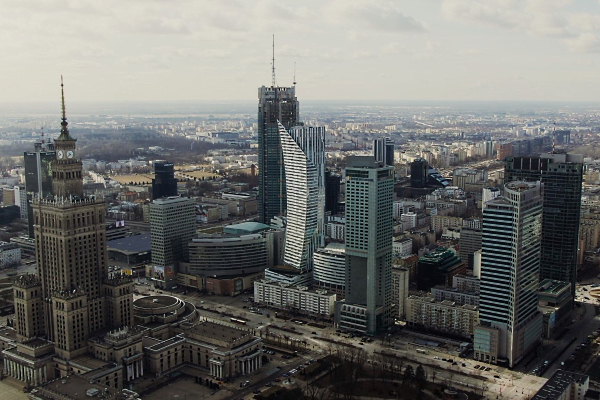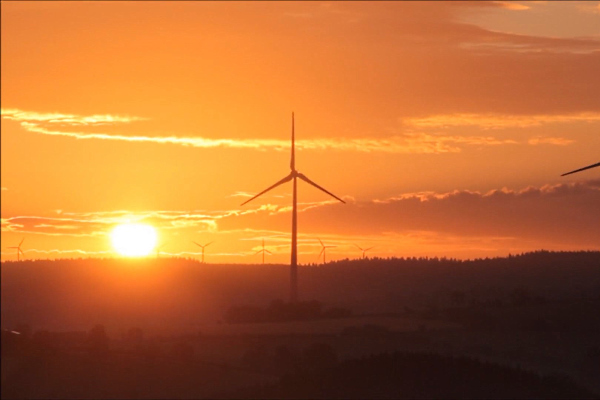After receiving the necessary documents (application form and project presentation), our team will try to review your request as soon as possible, and leading experts will offer the best options for project funding.
Western countries unanimously rejected Russia's demand to pay gas bills in rubles.
Federal Minister for Economic Affairs and Climate Action Robert Habeck said the early warning regime is a precautionary measure as Russia continues to fulfill its obligations so far. However, he urged companies and households in Germany to start reducing their gas consumption.
Germany has taken numerous steps in recent weeks to reduce its dependence on fossil fuel supplies from Russia.
Thanks to growing investments in LNG projects and other capital-intensive measures to strengthen German energy independence, the end of fossil fuel imports from Russia is expected in mid-2024.
In recent years, Germany imported an average of 55% of its natural gas needs from Russia, Habeck said, but that share has now fallen to 40%.
Berlin has already signed preliminary contracts for the supply of additional LNG and signed a preliminary contract with the Dutch to build the first LNG terminal in Germany. It is also planned to lease or purchase three floating LNG terminals (Floating Storage and Regasification Units, FRSUs).
On March 4, 2022, a Memorandum of Understanding (MoU) was signed on the project for the construction of a terminal for receiving liquefied natural gas in Brunsbüttel.
The second LNG terminal, announced in a recent speech by Olaf Scholz, will be built in Wilhelmshaven.
The terminal in Brunsbüttel will have an annual regasification capacity of 8 billion cubic meters (transition of gas from liquid to gaseous state due to heating). This facility will enable gas to be imported to the German market from areas inaccessible to gas pipelines. In this way, the project will increase Germany's energy security and help make Northwestern Europe independent of gas from Russia. The partners are now working on the fastest possible implementation of the project.
The Memorandum of Understanding was signed by the following parties:
• KfW: German State Development Bank, funding the project.
• Gasunie: Dutch infrastructure and gas transportation company.
• RWE AG: German energy company.
KfW will acquire a 50% stake in the LNG terminal for the federal government, while Gasunie (a 100% state-owned Dutch company) will operate the facility.
It is planned that the multi-million dollar facility can be ready for operation in two years. In the future, the terminal will perform other functions. After the termination of its use as an LNG terminal, it will be reconstructed for the needs of importing the so-called green hydrogen and ammonia.
According to Robert Habeck, Germany should make its energy sector climate neutral, with a transition to hydrogen and renewable energy sources. However, the Minister recognizes the need to use natural gas as a transitional fuel for some time.
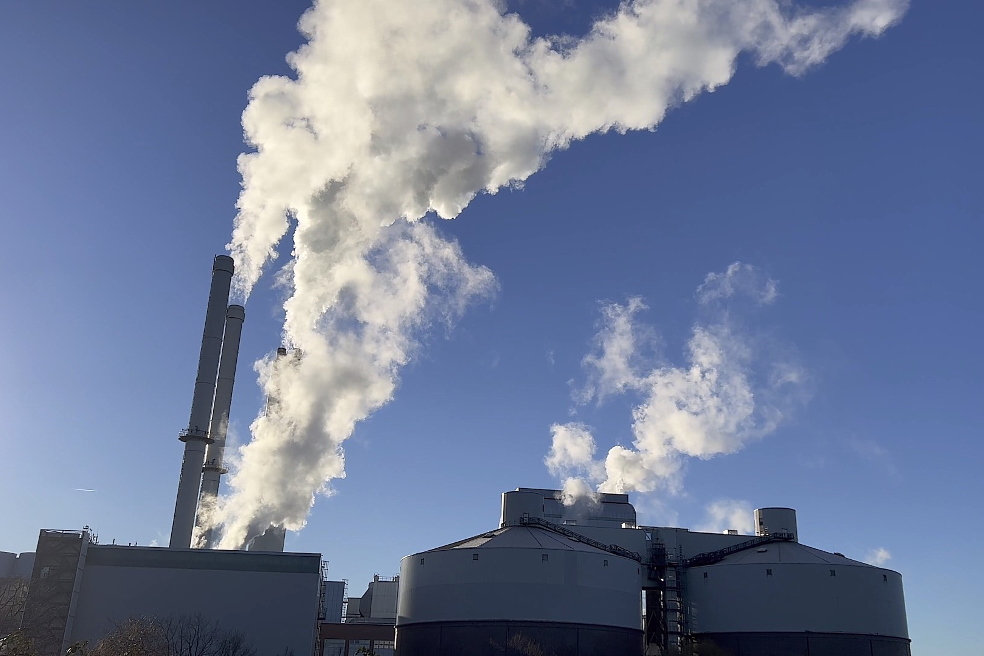
The situation prompts the federal government to increase investment in LNG projects and make dependence on Russian gas supplies minimal in the shortest possible time.
The Minister of Finance of the Netherlands Sigrid Kaag said that by building an LNG terminal in Brunsbüttel, the Dutch state company Gasunie is making a significant contribution to ensuring the security of gas supplies to Europe. The company already has experience in this area. The LNG terminal in the Netherlands is successfully operating, while in Germany, which is highly dependent on pipeline gas, there are no such facilities.
We remind readers that Robert Habeck has developed an ambitious plan to stop importing Russian energy resources. According to Der Spiegel, in the summer of 2022, oil imports from Russia to Germany should be halved, and in the fall the country is preparing to completely stop importing hard coal.
By the end of the year, Germany's dependence on natural gas will be reduced to 30% thanks to three special vessels.
However, Germany will not dare to impose an embargo on oil, gas and coal from Russia, as this would have "too serious economic and social consequences".
Officials have already placed an order for three floating LNG terminals, according to the magazine.
The German government is currently exploring possible locations in the North and Baltic Seas where they can be deployed as soon as possible, likely as early as the winter of 2022/23.



